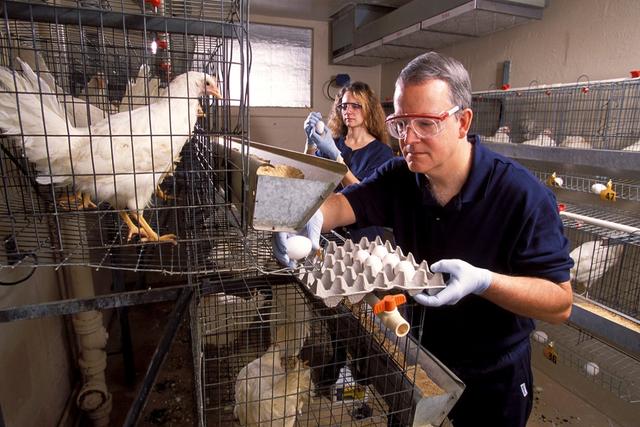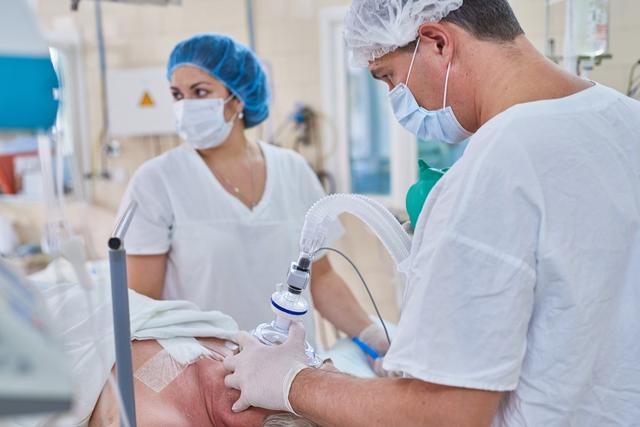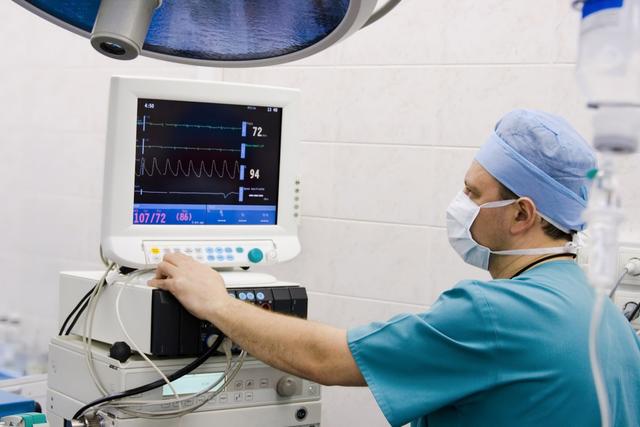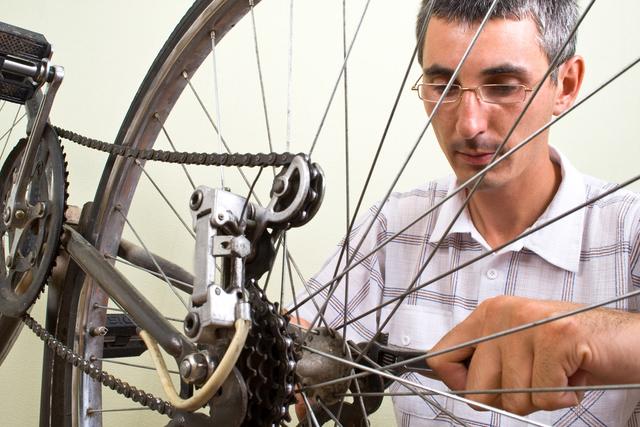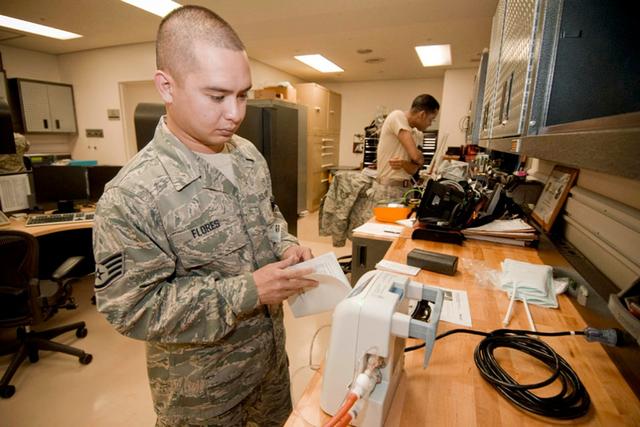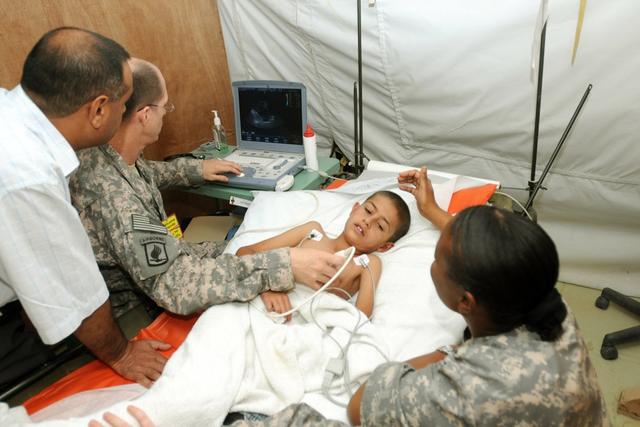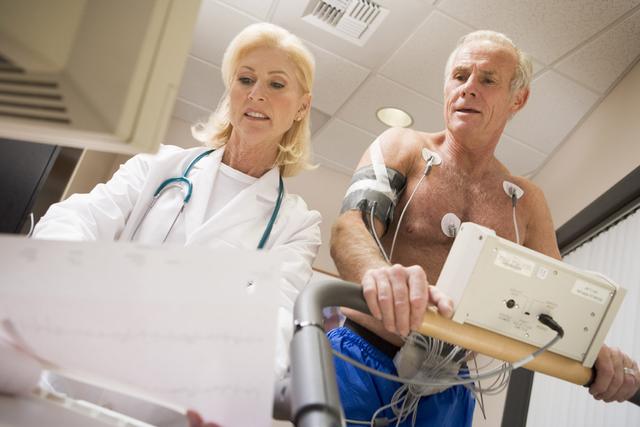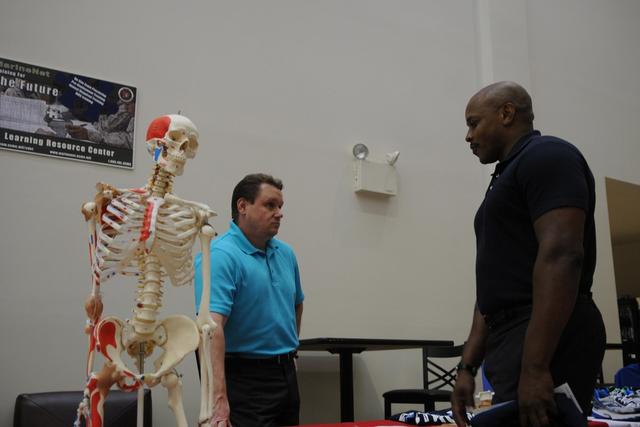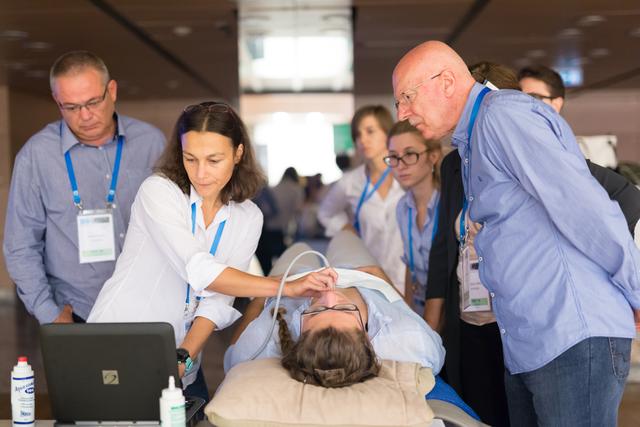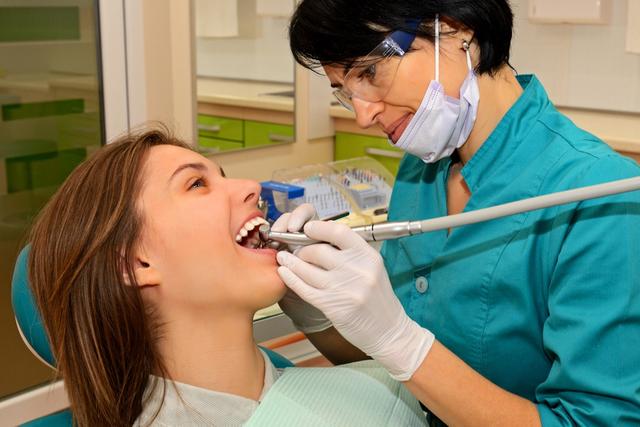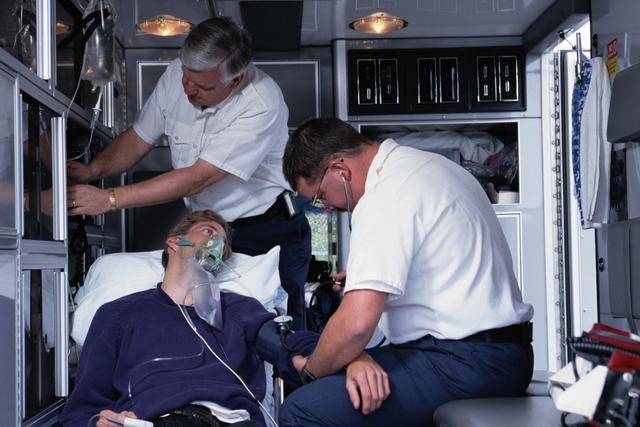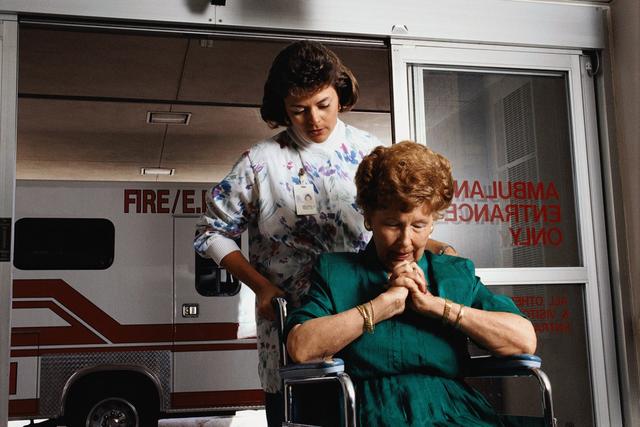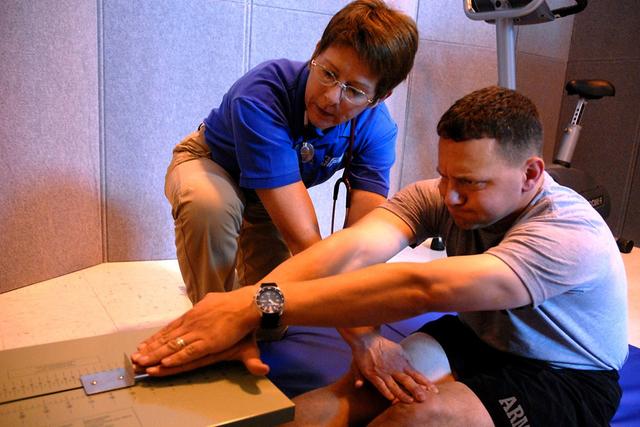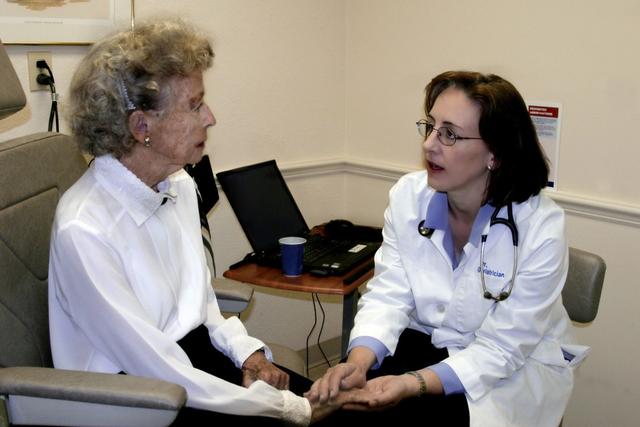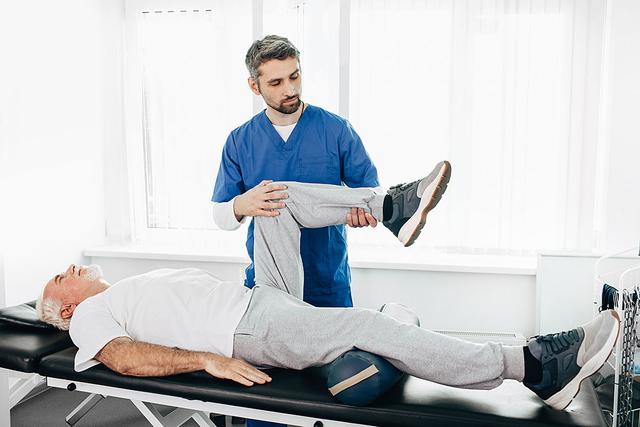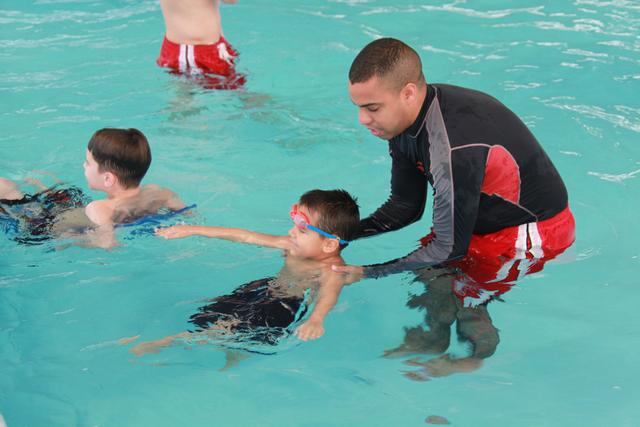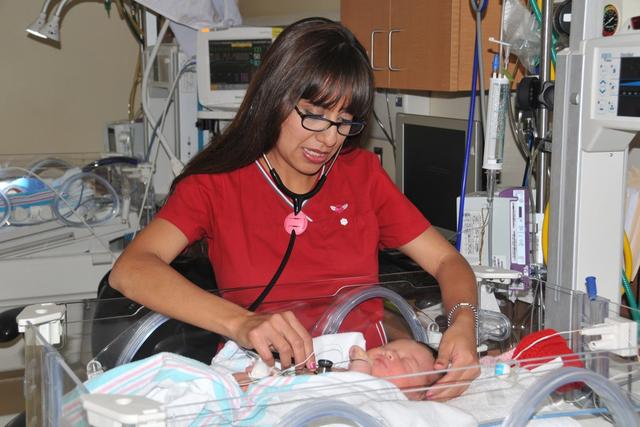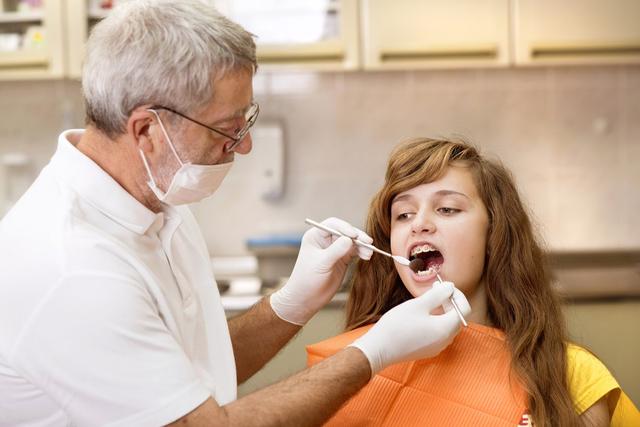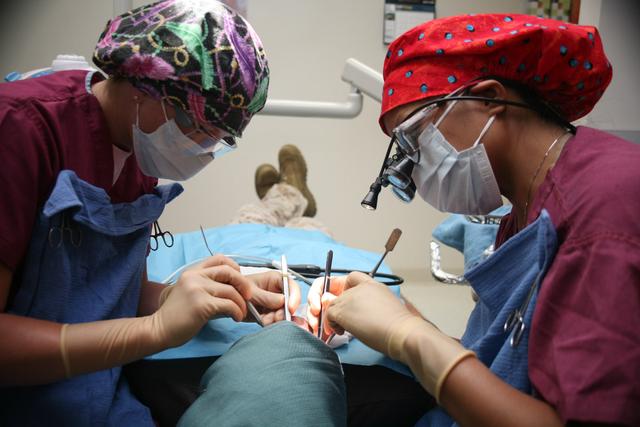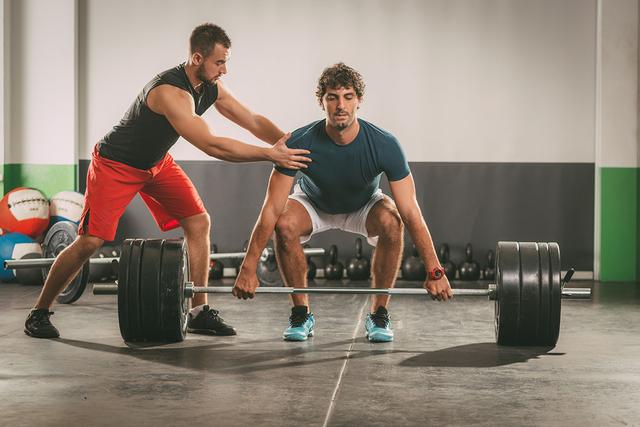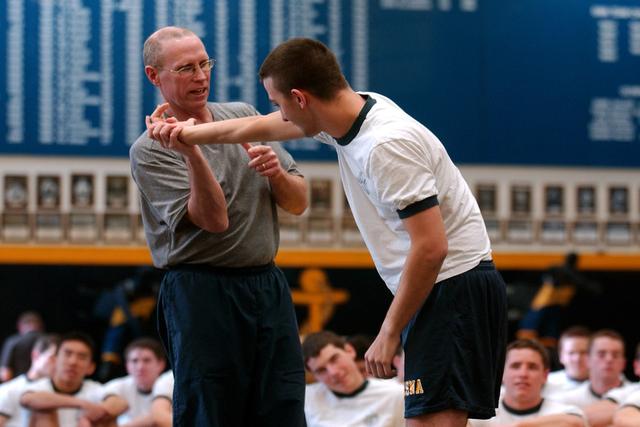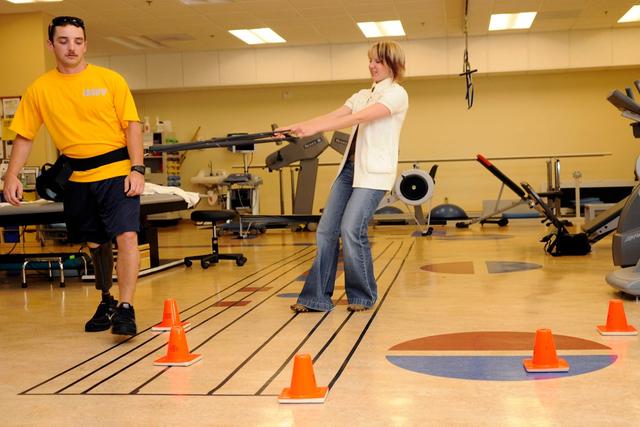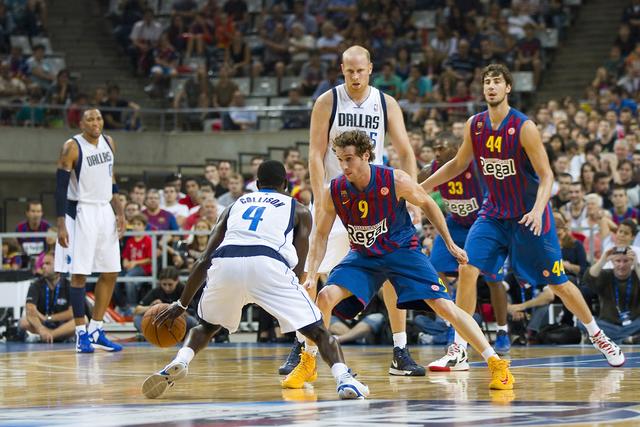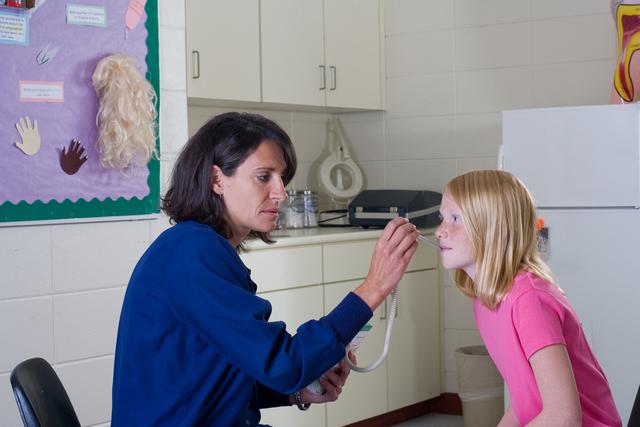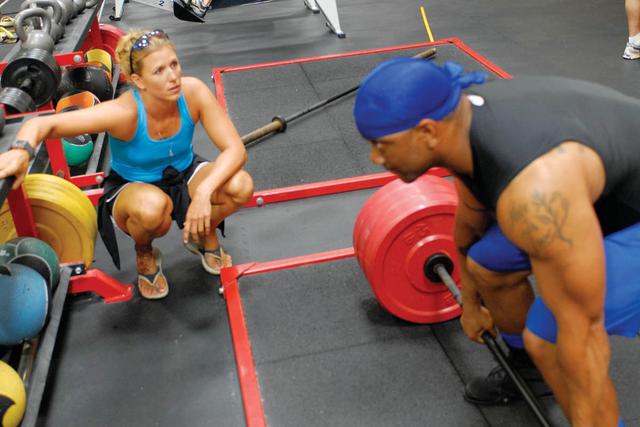Sports Physicians
Overview

Introduction
Sports physicians, also known as team physicians, treat patients who have sustained injuries to their musculoskeletal systems during the play or practice of an individual or team sporting event. Sports physicians also do pre-participation tests and physical exams. Some sports physicians create educational programs to help athletes prevent injury. Sports physicians work for schools, universities, hospitals, and private offices; some also travel and treat members of professional sports teams.
Quick Facts
Median Salary
Employment Prospects
Minimum Education Level
Experience
Skills
Personality Traits
Earnings
Sports physicians earnings vary depending upon their responsibilities and the size and nature of the team. The private sports physician of a professional individual athlete, such as a figure skater or long-distance runner, will probably earn far less than the team physician for a professional football or basketball team, due to the high earnings and larger budget of the team. On the other hand,...
Work Environment
Sports physicians must be ready for a variety of work conditions, from the sterile, well-lighted hospital operating room to the concrete bleachers at an outdoor municipal swimming pool. The work environment is as diverse as the sports in which athletes are involved. Most of their day-to-day responsibilities will be carried out in clean, comfortable surroundings, but on game day, sports physicia...
Outlook
Coaches and management are aware of the benefits of good health and nutrition for their athletes after years of watching them close down the bars after a game. Proper nutrition, conditioning, and training prevent injuries to athletes, and preventing injuries is the key when those athletes are making their owners revenues in the billions of dollars. A top sports physician has become, and continu...


